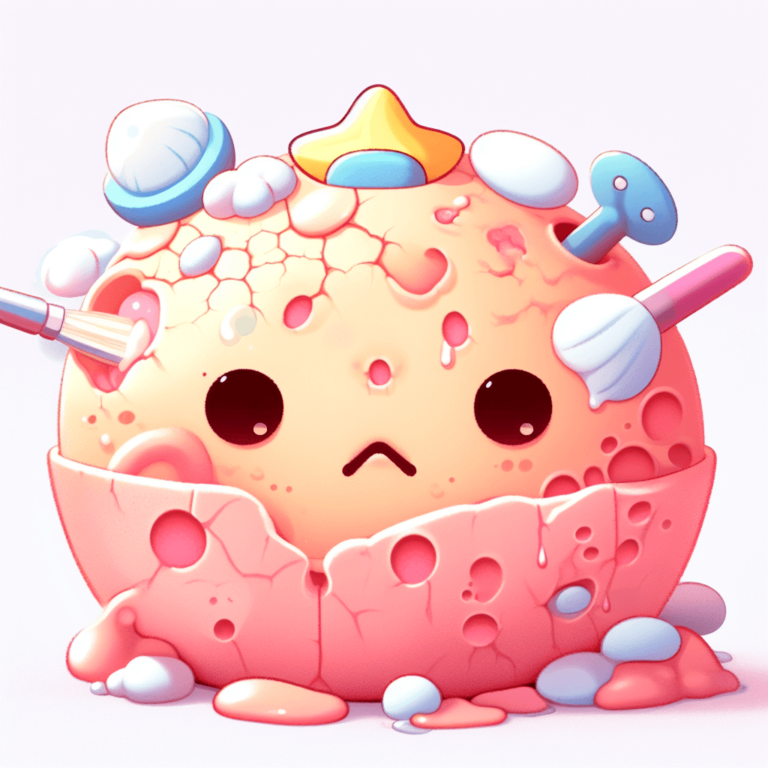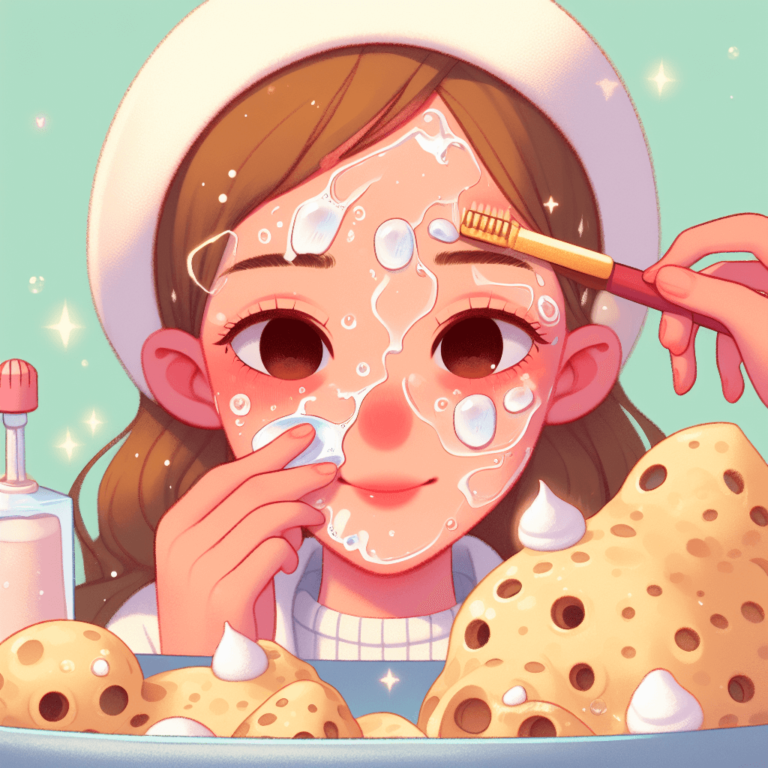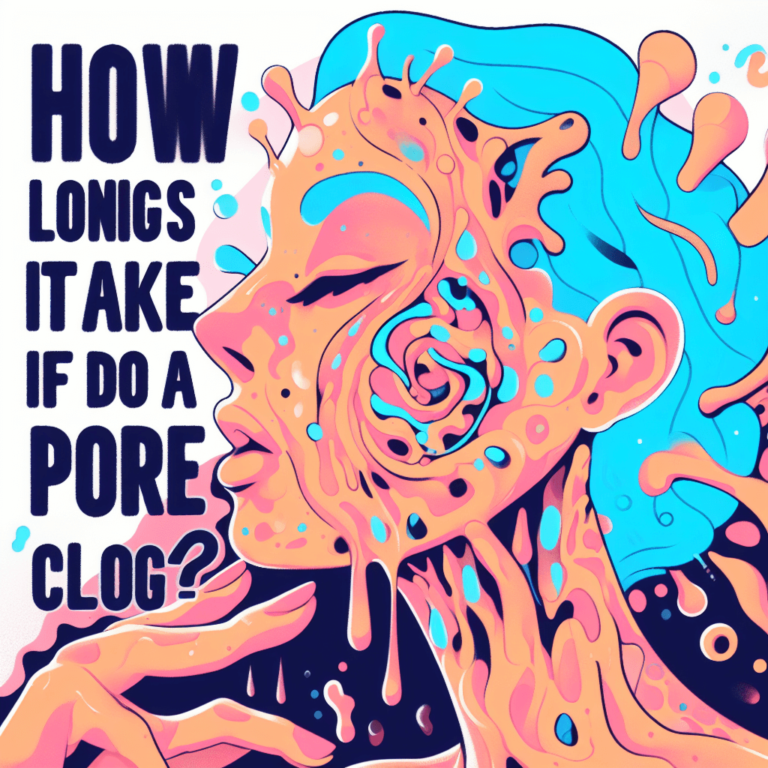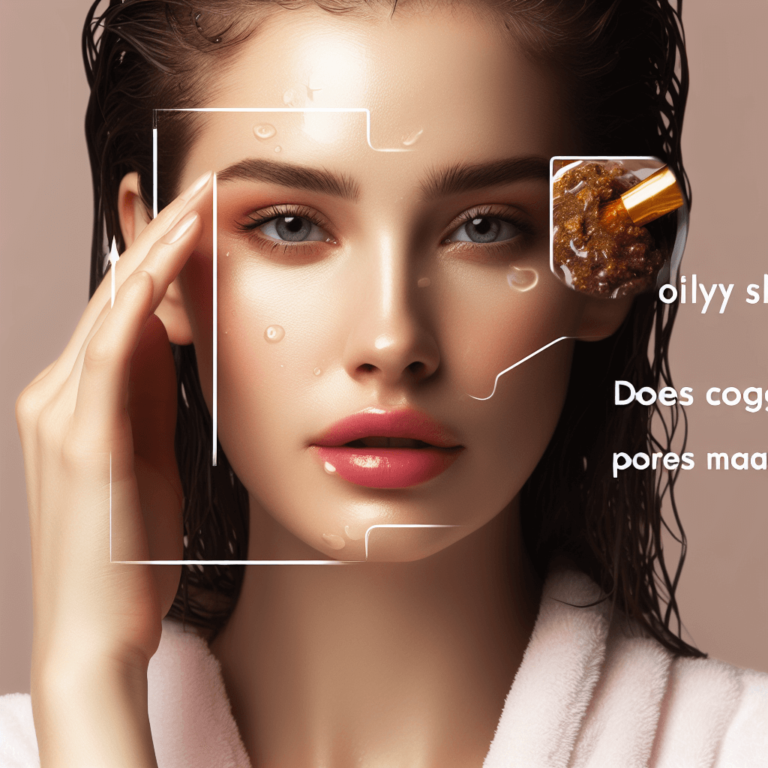Do Clogged Pores Disappear on Their Own?
The persistence of clogged pores is a common concern. Let’s investigate whether or not these barriers eventually dissipate on their own. By exploring this possibility, we can determine the best action to take. It’s important to consider all options and potential outcomes before deciding. 1. Nature of Clogged Pores Clogged pores occur due to dead…
